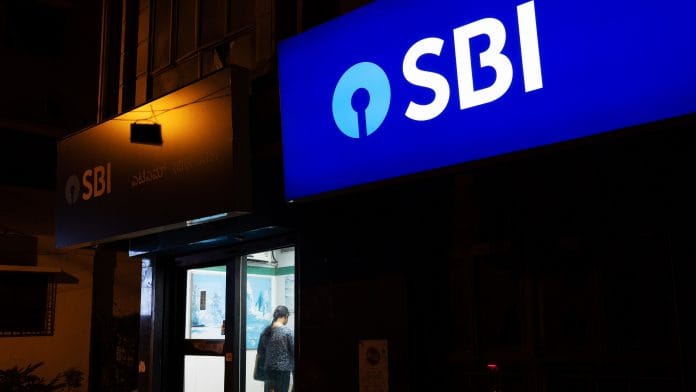Singapore/Mumbai: SBI Cards & Payment Services Ltd. declined in its stock market debut as investor uncertainty stemming from the coronavirus pandemic cast a shadow over the listing of India’s first pure-play credit card issuer.
SBI Cards’ shares opened at 675 rupees, compared with the offer price of 755 rupees apiece. The stock traded at 746 rupees at 10:09 a.m. in Mumbai, valuing the company at about $9.4 billion.
The stock’s launch couldn’t have come at a worse time. While concerns over the widespread disruption of businesses due to the outbreak have rattled stock markets globally, slowing economic growth and the seizure of Yes Bank Ltd. have damped the appetite for risk at home as well.
Still, the $1.4 billion initial public offering was 22.5 times oversubscribed due to the company’s perceived potential for growth in an under-penetrated Indian market, its dominant position in the industry and strong parentage in the form of country’s largest bank worked in its favor.
“The overhang of the pandemic is weighing on investor sentiment even though SBI Cards remains a good bet on India’s long term consumption story,” said Chokkalingam G, head of investment advisory Equinomics Research & Advisory Pvt. in Mumbai. “Deflationary conditions in fact see credit card spends go up. The stock is still a buy as the current disruption doesn’t alter the long-term potential of the company given the country’s low penetration of credit cards.”
Also read: When stock markets meet IPL in times of coronavirus & another ‘PSA’ against Farooq Abdullah
Priced at the upper end of its expected price band, the IPO raised 70.4 billion rupees ($952 million) for its backers, State Bank of India and Carlyle group. It drew 74 anchor investors including the Singapore government and Kuwait Investment Authority, raising 27.7 billion rupees.
Key Insights
- SBI Cards is India’s second largest credit card issuer after HDFC Bank Ltd., with a market share of 18% in terms of number of cards issued. The market has a total of about 74 players.
- Credit card spending in India grew about 32% annually from 2015 to 2019, and is expected to total 15 trillion rupees in 2024, according to CRISIL Report.
- “Growth will be driven by the potential increase in adoption in smaller towns,” SBI Cards Chief Executive Officer Hardayal Prasad said in an interview with Bloomberg Quint earlier this month.
- “SBI Cards is also tapping into State Bank of India’s vast database, with 16 million customers, after the customers’ consent,” he said.
Market Reaction
Here’s how India’s prior 10 largest IPOs fared in their market debuts:
| Issuer Name | Offer Size (billion) | Debut Gains (%) |
|---|---|---|
| Coal India | $3.4 | 40 |
| Reliance Power | $3.0 | -17 |
| DLF | $2.3 | 9 |
| Cairn India | $1.9 | -14 |
| Reliance Petroleum | $1.8 | 42 |
| General Insurance Corp of India | $1.8 | -4 |
| The New India Assurance | $1.5 | -9 |
| NHPC | $1.4 | 2 |
| HDFC Life Insurance | $1.3 | 19 |
| SBI Life Insurance | $1.3 | 1 |
Billion Dollar Pipeline
- The most high-profile pending deal in India’s IPO pipeline is the privatization of state-run behemoth Life Insurance Corp. of India, which could fetch as much as 900 billion rupees.
- Tower Infrastructure Trust has filed for an IPO to raise as much as 252 billion rupees. –Bloomberg
Also read: Govt, RBI will take necessary steps to deal with ‘fear sentiment’ around COVID-19, says CEA






